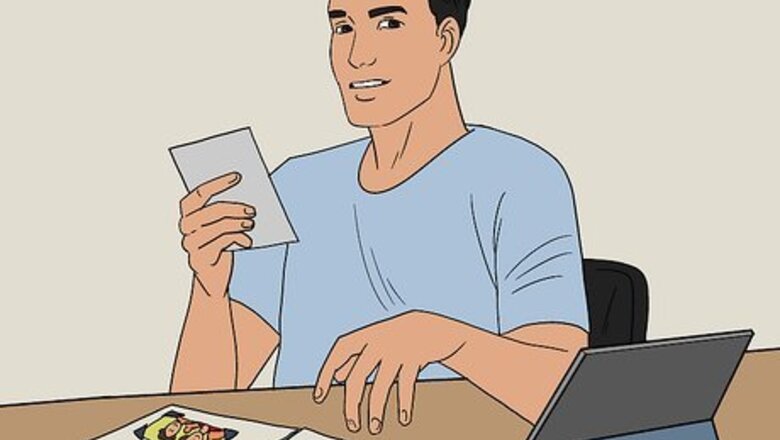
views
X
Research source
Evaluating Your Memories
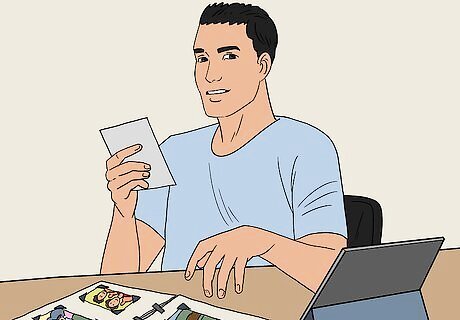
Compare your memory to independent evidence. If you happen to have photographs or a video of whatever you’re trying to remember, that’d be the best way to see if your memory is real. You might also look for trinkets or souvenirs, diary or journal entries, or other evidence of an event. For example, if you remember going to the beach as a child but aren’t sure if that particular memory is real or false, look for pictures from the trip or things you might have brought back, like seashells.
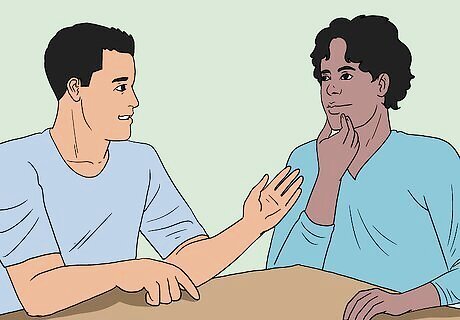
Talk to others who witnessed or experienced the event. If there were other people that saw or participated in the event you remember, ask them to share their account of what happened. Don’t interrupt with questions, as they could influence the person’s memory. Once they’re done sharing their version of events, compare their memory with yours—things that you both recall are more likely to have occurred in the original event. Keep in mind that neither of your memories are perfect, so this isn’t a fool-proof strategy.
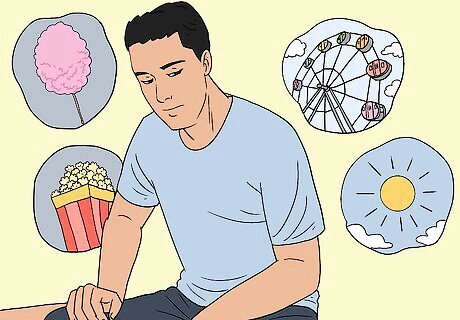
Look for sensory details to indicate true memories. Some researchers have found that real memories have more details, especially about the way things look, hear, feel, taste, or smell. If you’re trying to figure out if your memory is real, examine how detailed and complete it is. For example, if you can remember details about going to a fair as a child, like how bright and hot it was, the sweet taste and stickiness of cotton candy, the view from the top of the Ferris wheel, and the smell of popcorn, your memory might be real. This might also be useful in determining the reliability of eyewitness testimony. People who remember sensory details about the event are more likely to be remembering correctly.
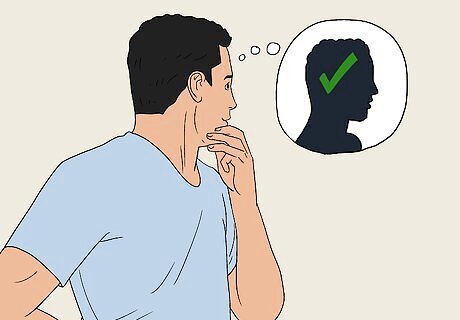
Think about how confident you are in your memory. It’s totally possible to feel pretty confident that one of your memories is real when it isn’t, but research shows that you might have a harder time remembering something or feel less confident about the accuracy of your memory if it’s false.
Understanding How False Memories Are Created
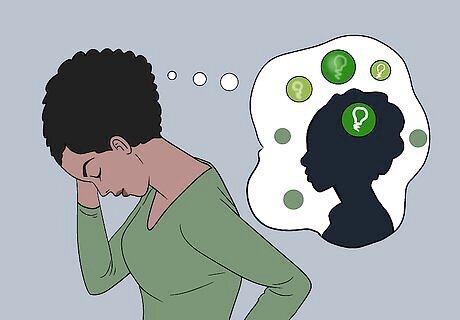
Recognize that the brain doesn’t always store or recall information accurately. The human brain is an amazing thing, but it’s not perfect. While you might think that your memory is like a camera that records what happens, that’s actually not the case. Memories are constructive and they can change over time, especially as they are recalled, leading to memory distortion. There are two types of memory: verbatim and gist. Verbatim memories are precise and detailed, while gist memories are fuzzier recollections. Both types of memory actually increase as you age. “Fuzzy trace theory” refers to people’s false memories that come about from related ideas from a gist memory. For instance, if you’re given a list of words and asked to remember them, you might be certain that “hot” was on the list, when it actually contained similar words like scorching, bright, heat, sun, and so on.
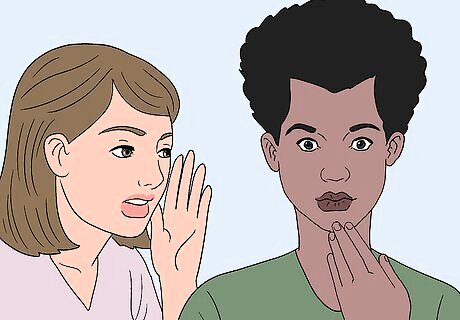
Keep in mind that suggestions from others can contribute to false memories. If you’re trying to recall something and someone else is asking you questions about it, you may be more likely to misremember the details. This is especially true if the person is asking leading or closed questions, like “The car was blue, right?” Unfortunately, this happens with police officers during interrogations and can lead to false accusations and even false confessions from innocent people. It’s also common during trials when prosecutors ask leading questions to eyewitness and jurors misremember eyewitness testimony containing those details, rather than an attorney implying them.
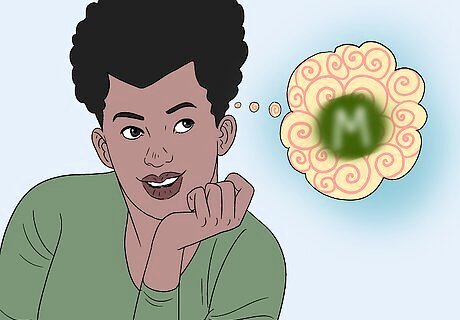
Remember that you might have more false memories if you have an active imagination. If you’re a very creative person with a strong imagination, you might have more false memories than the average person. This is because you’re able to add an emotional aspect, or even sensory details, to an imagined scenario, which makes it feel more realistic. The same is true in people who tend to fantasize a lot. This could mean that some of your most emotional memories aren’t real memories. Having a good imagination or a strong sense of fantasy isn’t a bad thing! Don’t let the possibility of false memories stifle your creativity. Nearly all people have false memories, and that’s not necessarily a bad thing.
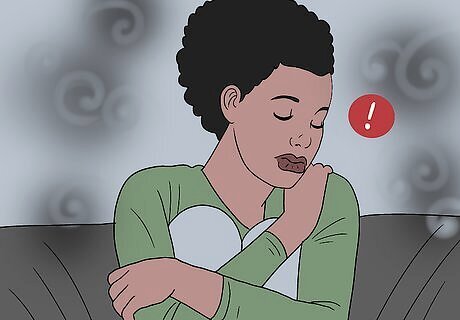
Keep in mind that you’re more likely to create false memories if you’ve suffered from trauma. If you are depressed, have a history of trauma, or have post traumatic stress disorder (PTSD), you might be more likely to inaccurately remember things, especially if such memories are associated with emotional experiences. Additionally, people with psychopathy like borderline personality disorder have more false memories. There’s some evidence that people undergoing therapy have falsely recalled traumatic events, including childhood abuse and sexual abuse. This is more likely if the therapist uses hypnosis, visualization, or suggestion, which indicates that mental health professionals should be particularly cautious about the way they seek to help patients recover repressed memories. People who misremember childhood events, particularly trauma and abuse, that actually didn’t occur, are said to have False Memory Syndrome.



















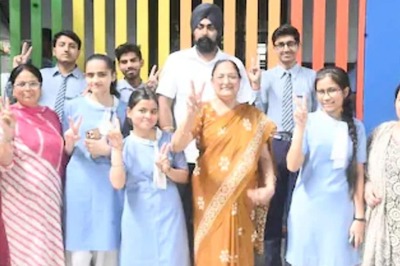
Comments
0 comment